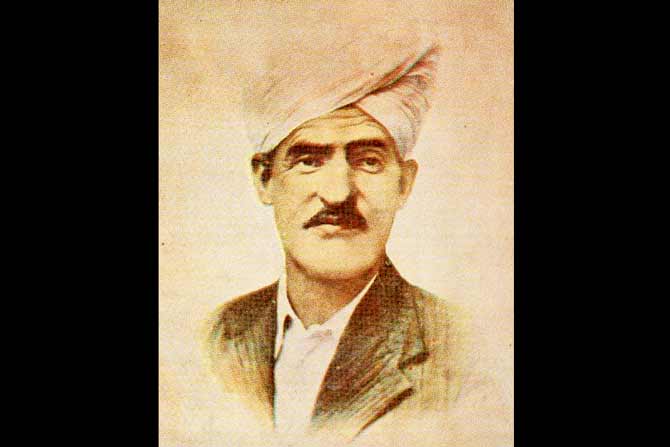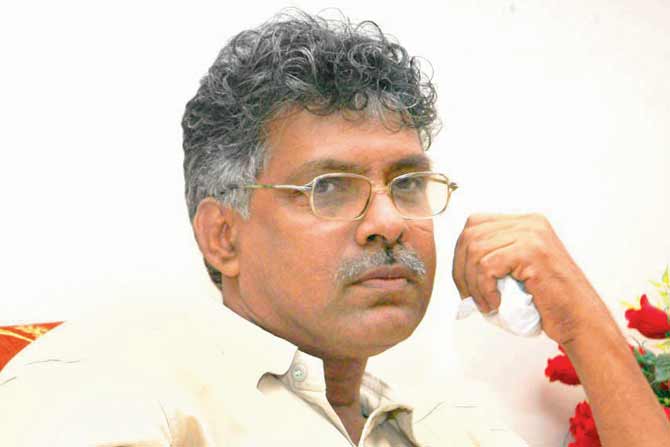An evening of Urdu readings celebrate diverse literature on Kashmir, bringing together classic and contemporary writers under one roof

.
Two men from a village in Kashmir leave their homes to fight in World War II, only to find themselves on the opposite sides of a freshly drawn border upon their return. "Unki bhasha, gaaliyan aur duayein sab ek hain, bas desh badal gaye," says Urdu scholar-writer Aslam Parvez, referring to Manto's Aakhiri Salute, one of his many moving stories on Partition. The plot dates back to 1947, but the emotions involved in having to come to terms with a sudden development of such magnitude played out once again in Kashmir recently when it became a Union Territory. Wadi-e-Farda, or the valley of eternity, is an evening of such timeless writing on Kashmir that Parvez has curated for Studio Tamaasha's Urdu readings programme.
ADVERTISEMENT
"The idea was not to take sides on this development, because when you take sides, you leave aside a million other facets. Literature helps one see the larger picture," says Parvez, adding that another objective was to ensure listeners are aware that Kashmir is far from its portrayal in Yash Chopra movies. "Khusrau called Kashmir a paradise on earth. Whatever else it may be, but it is not jannat anymore."

Gulzar
Apart from Manto's work, the evening features stories and poems on diverse themes by a range of classic and contemporary writers. So, there is Gulzar's Talaash about a woman who has grown up in Kashmir when it was truly a paradise and the shock that awaits her when she returns to her homeland years later. There is a romantic story by Kishan Chander called Shama ke Saamne while another work on young love by Qudrat Ullah Shahab — who was from Bihar and later moved to Pakistan — paints a picture of Kashmir through its dargahs. Mahjoor, a 19th-century poet from the Valley, will be evoked through his verses rooted in Sufism. Artistes Asad Hussain, Yasir Khan, Sapan Saran and Nisha Dhar will perform the readings.

Mahjoor
In times when much of the discourse on Kashmir has been reduced to heated television debates, how important are such literary engagements, we ask Parvez. "Such engagements put the human, not a point of view, at the centre — the human who laughs, cries, prays, gets despondent and rejoices. To empathise with and understand the pain of the other, that's the job of literature."

Aslam Parvez
On September 7, 7 pm to 8.30 pm
At Studio Tamaasha 602, Samarth Vaibhav Business Centre, Lokhandwala, Andheri West.
Log on to bookmyshow.com
Entry Rs 100 onwards
Catch up on all the latest Mumbai news, crime news, current affairs, and also a complete guide on Mumbai from food to things to do and events across the city here. Also download the new mid-day Android and iOS apps to get latest updates
 Subscribe today by clicking the link and stay updated with the latest news!" Click here!
Subscribe today by clicking the link and stay updated with the latest news!" Click here!







